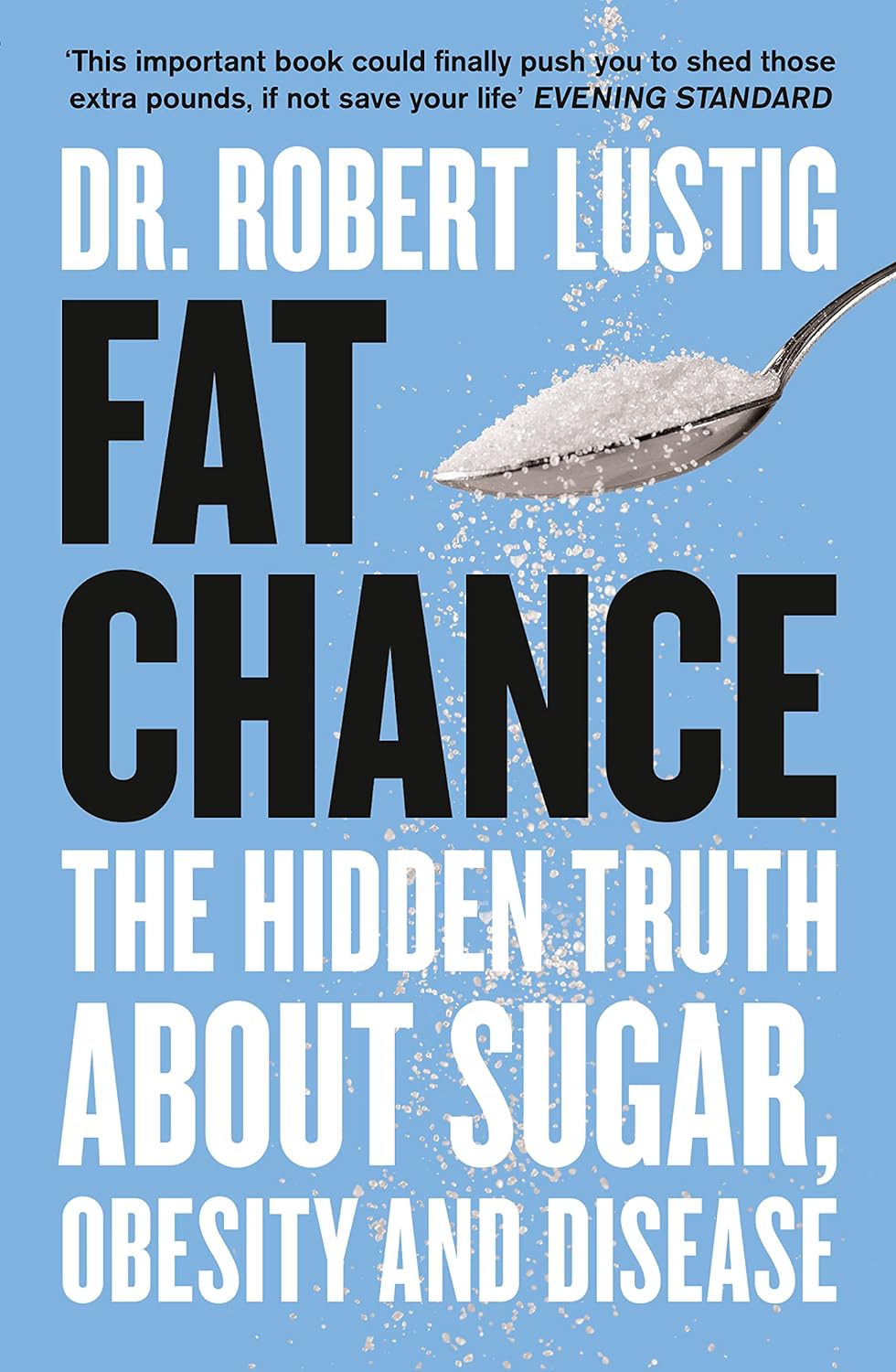Sugar, a ubiquitous component of modern diets, has a complex relationship with our health. While it adds sweetness to our meals and beverages, its overconsumption poses significant health risks.
One of the most direct consequences is weight gain. Foods and drinks high in added sugars often contain a lot of calories without providing the necessary nutrients, leading to increased calorie consumption and potential weight gain. Beyond weight gain, high sugar intake is linked to several chronic diseases. Diets rich in added sugars have been associated with an increased risk of developing type 2 diabetes, heart disease, and certain types of cancer. Excessive sugar consumption can cause insulin resistance, a precursor to diabetes. It can also contribute to high blood pressure and inflammation, both of which are risk factors for heart disease.
The Hidden Danger of Added Sugars
Many processed foods contain hidden sugars, making it difficult to avoid them. These sugars often appear under various names on ingredient lists, such as high fructose corn syrup, sucrose, and glucose. Even foods marketed as healthy, like flavored yogurts and granola bars, can have surprisingly high sugar content.
Understanding Sugar’s Role
Natural sugars, found in whole fruits and vegetables, come with fiber, vitamins, and minerals that are beneficial for health. However, the added sugars in many processed foods lack these nutrients and can contribute to health problems when consumed in excess.
The difference between naturally occurring sugars and added sugars is crucial. While natural sugars are part of nutritious foods that offer health benefits, added sugars contribute to calorie intake without providing essential nutrients, leading to what is often termed “empty calories.”
Balancing the Sweetness
While sugar in moderation is a normal part of the diet, understanding its sources and effects is vital. Awareness of the types of sugars and their presence in foods can help manage their impact on health. By recognizing the difference between natural and added sugars, we can better understand their role in our diet and their broader implications for health.
Metabolic Disorders
Dr. Robert Lustig, a prominent voice in nutrition science, highlights the detrimental effects of sugar, particularly fructose, on metabolic health. Excessive sugar intake is linked to insulin resistance, obesity, type 2 diabetes, and non-alcoholic fatty liver disease (NAFLD). Lustig emphasizes that fructose, found in many processed foods, is metabolized in the liver similarly to alcohol, leading to fat accumulation and liver damage.
Cardiovascular Health
Research from Harvard Medical School indicates a strong association between high sugar consumption and an increased risk of cardiovascular diseases. Studies show that individuals consuming a high percentage of their daily calories from added sugar have a significantly higher risk of dying from heart disease.
Glucose Spikes and Energy Levels
Jessie Inchauspé, a biochemist known for her work on glucose monitoring, explains how sugar intake causes sharp spikes in blood glucose levels, followed by rapid declines. These fluctuations can lead to energy crashes, increased hunger, and overeating, contributing to weight gain and metabolic issues.
In summary, while sugar can add enjoyment to our meals, its health effects depend largely on the type and amount consumed. Understanding its presence in our diet and the potential long-term impacts on our health is crucial for making informed dietary choices.


















